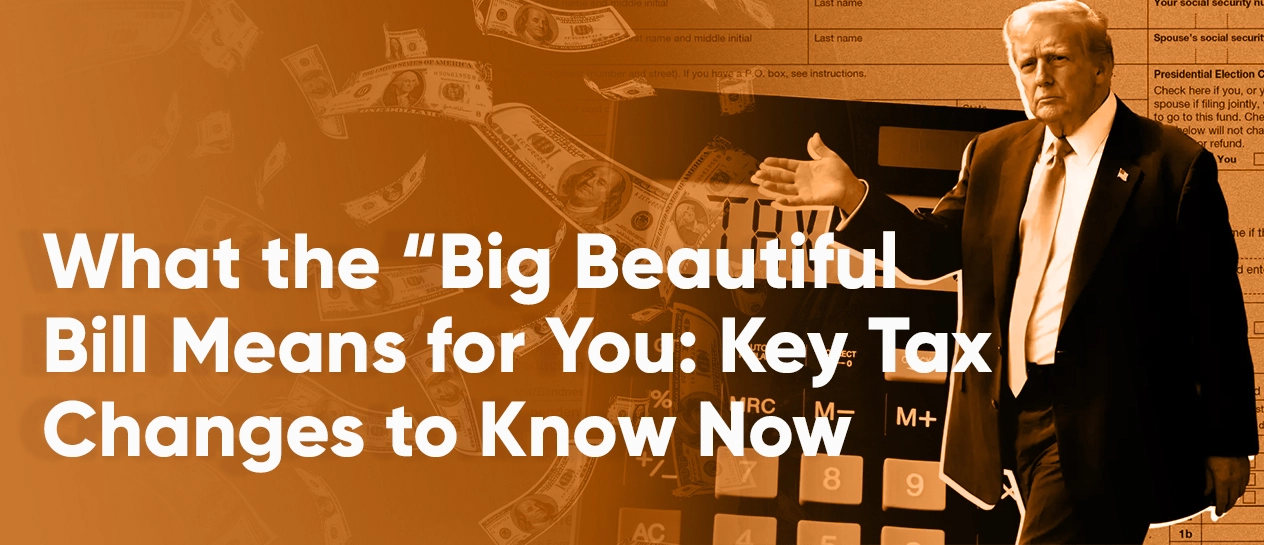President Biden signed into law the Inflation Reduction Act (the Act), below are highlights of key tax-related changes in the Act.
15% Corporate Alternative Minimum Tax Based on Book Income
- The current corporate income tax rate is 21% of taxable income, the Act establishes a 15% corporate alternative minimum tax (AMT) on the adjusted financial statement income (AFSI) of applicable corporations, effective for tax years beginning after December 31, 2022.
- Applicable corporations are U.S. corporations that meet a $1 billion average annual AFSI test over a three-year period. However, S corporations, regulated investment companies, and real estate investment trusts are exempt from this rule.
- A corporation’s average annual AFSI is calculated based on the net book income set forth on the corporation’s applicable financial statement, with certain specified adjustments to account for accelerated tax depreciation and other items.
- The corporate AMT would also apply in the case of U.S. corporations that are members of a foreign-parented corporation if, over the three-year period, the U.S. corporation’s average annual AFSI is $100 million or more, and the foreign-parented corporation meets the $1 billion average annual AFSI test.
Excise Tax on Stock Buybacks
- Stock repurchases after December 31, 2022, U.S. publicly traded corporations will be subject to a 1% excise tax equal to 1% of the fair market value of the repurchased stock during the taxable year, reduced for stock issuances.
- This surcharge will not be deductible for tax purposes.
- The levy applies only if a corporation’s net buybacks for the taxable year exceed $1 million.
Extension of Business Losses Of Noncorporate Taxpayers
- The current limits of non-corporate taxpayers to offset net business losses is $250,000 of nonbusiness income for single filers, including trusts, and $500,000 for joint filers (indexed for inflation). For tax year 2022, the threshold amounts are $270,000 for single filers and $540,000 for joint filers. Losses in excess of these threshold amounts are carried forward as net operating losses. This limitation was scheduled to expire after 2026 but has been extended through 2028.
Funding For The IRS To Improve Tax Compliance
- Funding of approximately $80 billion for the IRS over a ten-year period, with $45.6 billion allocated for tax enforcement activities.
Clean Energy and Health Care-Related Tax Credits
The Affordable Care Act premium tax credit program is expanded through 2025.
Credits and deductions
- Credits for the use or sale of biodiesel, renewable diesel, and other alternative fuels.
- Benefits for energy-efficient improvements to residential and commercial facilities have been extended.
- Clean vehicle tax credits are also available until December 31, 2032, but are subject to income limitations



